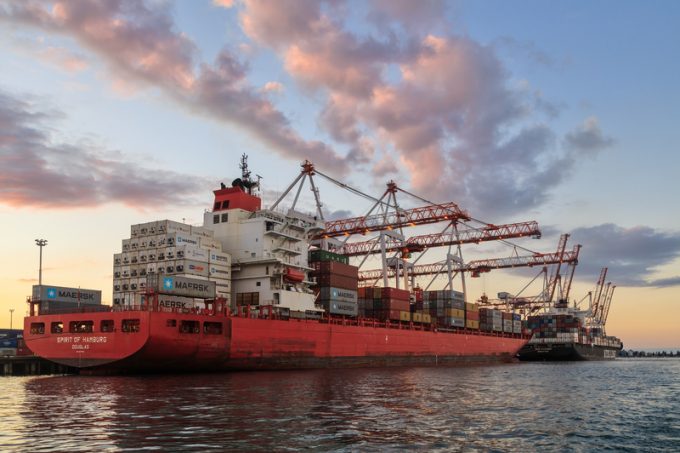Red Sea crisis has driven most new capacity into extended Asia-Europe trades
With container lines – generally – opting to route their Asia-Europe vessels around the Cape ...

Shippers should consider whether their goods are high- or low-margin before deciding whether to use the spot or contracts markets when procuring ocean freight services, delegates at this week’s Reuters Supply Chain Europe conference in Brussels were advised.
Kyle Henderson, CEO of supply chain visibility provider ...

Comment on this article